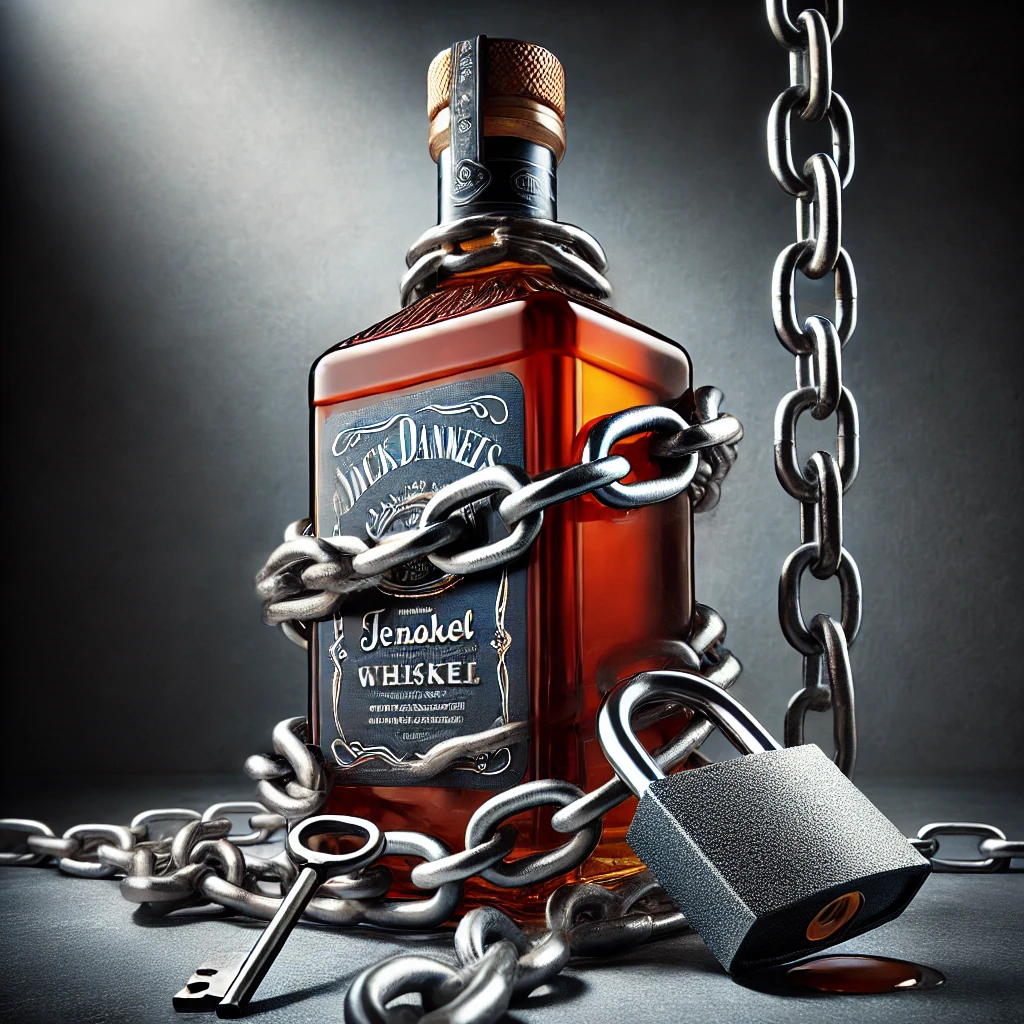The Dark Side of Celebration: The Alarming Normalization of Alcohol in Indian Society
A New Normal in Celebration
Alcohol has infiltrated every corner of Indian celebrations—whether it’s weddings, Diwali, or casual get-togethers. What was once frowned upon and hidden from elders has become a badge of modernity.
Today, the question isn’t whether you drink but why you wouldn’t.
From Taboo to Trend
Traditionally, Indian society kept alcohol behind closed doors. People drank in private, avoiding elders and children. Now, drinking openly at family gatherings has become the norm. Adults casually drink in front of parents and even their children.
This transformation has turned a once-taboo activity into a trend. Social acceptance now demands drinking, often seen as a way to appear “cool.”
This shift raises a critical question: What will the next generation normalize? If alcohol is already commonplace, will drugs or substance abuse follow?
Alcohol Is Everywhere
Alcohol has extended its reach beyond casual parties. It now dominates sacred spaces like weddings and festivals. This ubiquity creates pressure, making abstinence seem abnormal.
If alcohol is as common as soft drinks today, what will tomorrow bring? The growing acceptance of alcohol could pave the way for even more dangerous norms.
The Illusion of Safety
Many believe moderate drinking is harmless.
However, science disagrees. Even a single drop of alcohol disrupts metabolism, damages vital organs, and increases the risk of chronic diseases.
What Happens Inside Your Body When You Drink?
Absorption: Alcohol doesn’t require digestion like food. It quickly enters the bloodstream through the stomach (20%) and the small intestine (80%). This rapid absorption explains the immediate effects.
Distribution: Once in the bloodstream, alcohol travels throughout the body. It instantly reaches the brain, altering mood, judgment, and motor skills.
Metabolism: The liver metabolizes alcohol with the help of enzymes like alcohol dehydrogenase (ADH). It converts alcohol into acetaldehyde, a toxic compound, which is then broken down into acetate and excreted as water and carbon dioxide.
Elimination: Your body can process only about one standard drink per hour. Excess alcohol circulates in your bloodstream, leading to intoxication.
After-effects: While alcohol initially causes euphoria and relaxation, its long-term effects include liver damage, addiction, and increased risks of chronic diseases.
Excuses to Drink: Letting Alcohol Define Moods
Many justify drinking with emotions: “I’m happy, so I’ll celebrate with a drink,” or “I’m sad, so I need alcohol to cope.” These excuses show how alcohol begins to control emotions.
Instead of addressing feelings healthily, people turn to alcohol for a quick fix, deepening emotional dependency.
Impact on Future Generations
Alcohol doesn’t just affect the drinker—it impacts future generations. More children are being born with congenital disabilities and genetic conditions linked to alcohol consumption.
Couples planning to have children should consider complete abstinence to detoxify their bodies and ensure healthier genes for their offspring.
The Invisible Chains of Addiction
Alcohol’s addictive nature traps many in a cycle that’s hard to escape. Social pressure and frequent use alter brain chemistry, making quitting incredibly difficult.
Rehabilitation centres and support groups provide help, but relapse rates remain high due to alcohol’s stronghold on the brain.
Educating the Future
We must prioritize prevention. Schools, colleges, and organizations need to implement programs that educate children about the dangers of alcohol and drugs. These programs should go beyond physical and mental risks, preparing children to handle peer pressure and make informed choices.
Empowering children with knowledge and emotional resilience can help them resist unhealthy norms. Real celebration lies in meaningful connections, not in intoxication.
Reflecting on Our Choices
As a society, we must pause and reconsider our path. Alcohol’s normalization is not just a cultural shift—it’s a looming health crisis. We can choose to continue down this risky road or take steps to create a healthier, more mindful future.
Let’s show the next generation that true strength comes from self-control and that life’s joys shine brighter with a clear mind and a healthy body. Our legacy should inspire, not harm. It’s time to change the narrative.
Remember, the power to decide is always yours.
– Shivani Jain | Profile
